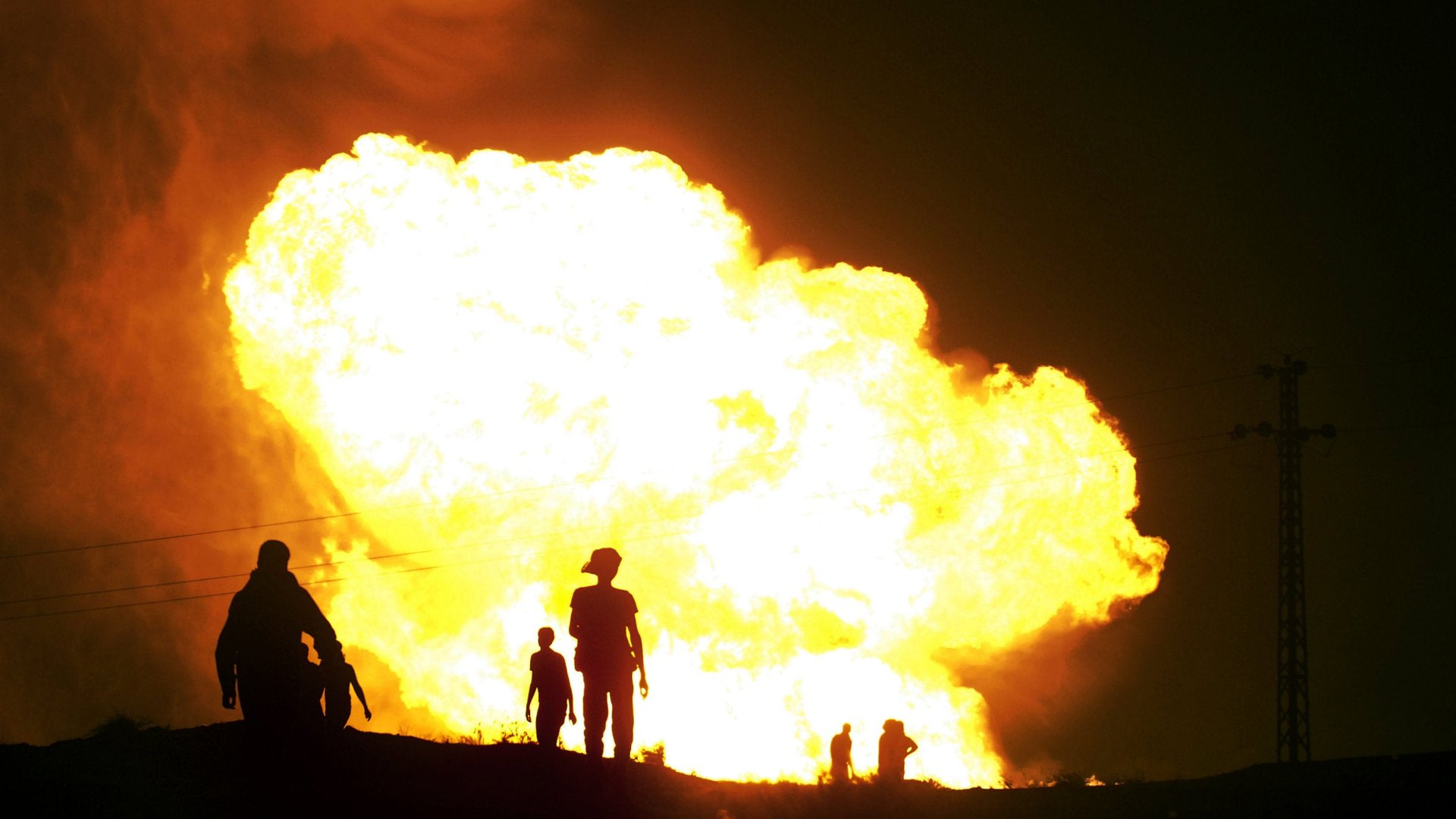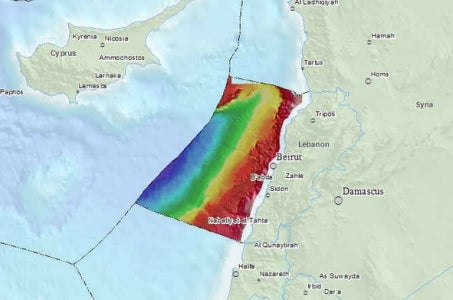Here is why Obama should talk natural gas in Israel
US President Barack Obama is navigating largely the same entrenched Israeli-Palestinian tensions as his predecessors have since the advent of shuttle diplomacy four decades ago. But Obama has one essential difference from the past—a local natural gas boom that is making petro-states out of the region’s traditional hydrocarbon have-nots.


US President Barack Obama is navigating largely the same entrenched Israeli-Palestinian tensions as his predecessors have since the advent of shuttle diplomacy four decades ago. But Obama has one essential difference from the past—a local natural gas boom that is making petro-states out of the region’s traditional hydrocarbon have-nots.
The latest addition to the bonanza is Lebanon, Israel’s northern neighbor, which has set a March 28 deadline for lease bids on offshore gas fields that may hold the equivalent of five billion barrels of oil. Drillers have already announced the discovery of the same volume of natural gas in Israel’s portion of the East Mediterranean, and the government is mulling how much to export. Having found the gas equivalent of one billion barrels of oil in the same basin—called Levant—Cyprus is negotiating a possible financial bailout with Russia in exchange for access to the fields.
Here are Lebanon’s fields.

These three countries—Cyprus, Israel and Lebanon—have been absent from the half-century Middle East boom that has created some of the greatest national wealth in history. While Kuwait, Iran, Iraq and Saudi Arabia have swaggered internationally for decades based on their oil wealth, this relatively poor trio has had to import its energy. Their gas is still massively dwarfed by Saudi Arabia’s 260 billion barrels of proven oil reserves. Yet their security calculus is now changing. Israel, for example, will be able to account for much of its own energy requirements, and not be reliant on insecure piped gas from Egypt, whose supply pipeline was repeatedly blown up over the last year or so.
Some experts worry that the new gas will exacerbate tensions in the Middle East. Hezbollah for example has threatened to attack Israel’s gas infrastructure. The gas riches could make these countries more insular. But that makes the gas a new layer in the region’s geopolitics of diplomacy.